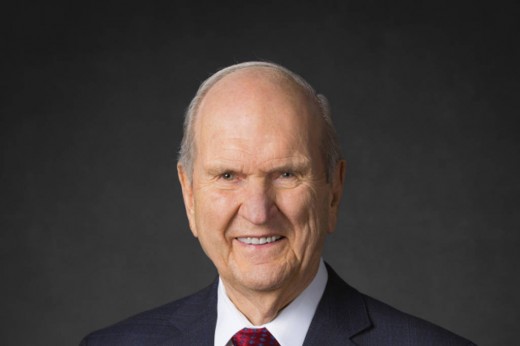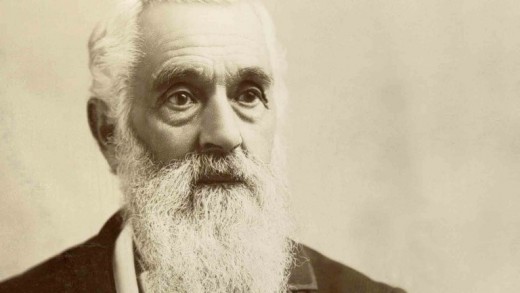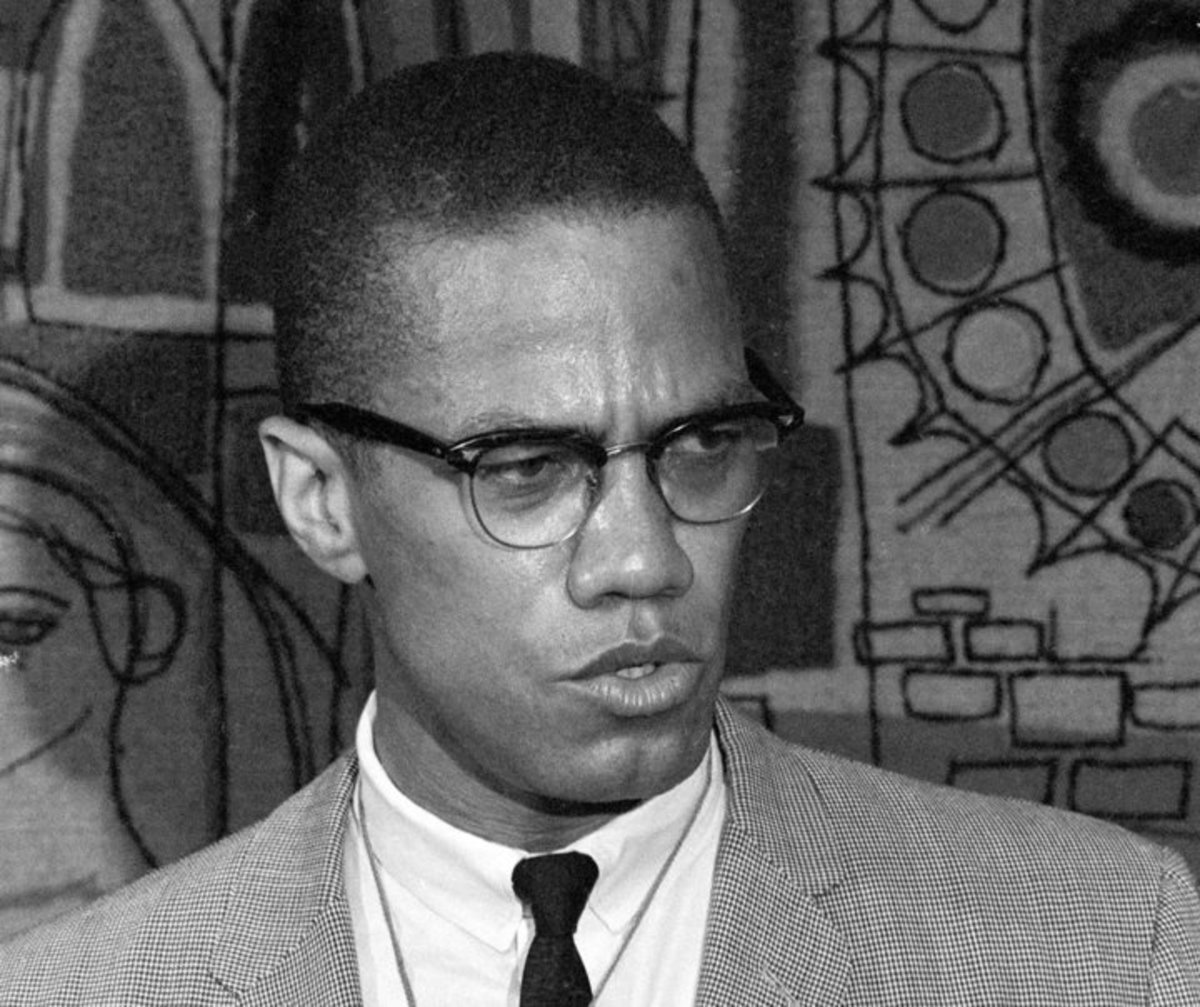King Benjamin on Serving the Poor and Needy: Living the Gospel Through Charity (Episode Seven)
King Benjamin laid the religious, political, and social framework for Nephite society. From his father, Mosiah, Benjamin learned and applied the principles he observed and, in turn, committed those principles to his son, Mosiah II. These became laws of community responsibility that guided the Nephite nation for generations.

“And also, ye yourselves will succor those that stand in need of your succor; ye will administer of your substance unto him that standeth in need; and ye will not suffer that the beggar putteth up his petition to you in vain, and turn him out to perish.” (Mosiah 4:16)
King Benjamin spoke these words from his tower at the temple in Zarahemla. He had sent his son Mosiah to call all the people together for a great conference where he intended to deliver his final instructions and confer the kingdom upon Mosiah before his death.
One of the topics he addressed was altruism. Having worked his entire life for his own support and being self-sufficient, King Benjamin turned his attention to those who were not. He loved his people and could imagine providing aid personally to any in need, whatever their circumstance.
His influence came from the power of his office as king, his calling as high priest and prophet, and his personal example. Though flawed like all men, he lived what he taught—especially the principle of community responsibility.
President Russell M. Nelson

Modern Prophets Echo Benjamin’s Call
Elder Russell M. Nelson (now President of The Church of Jesus Christ of Latter-day Saints) expressed this same eternal truth in the October 2013 General Conference:
“As children of God, we should love Him with all our heart and soul, even more than we love our earthly parents. We should love our neighbors as brothers and sisters. No other commandments are greater than these. And we should ever revere the worth of human life, through each of its many stages.”
God expects His children to love their neighbors as siblings and Him as Father. When we love in this way, we treat each other with the respect and care each person deserves. Christians, as true followers of Christ, must ensure that their family is provided for in all things—and everyone is family.
President Lorenzo Snow taught:
“We are of the same Father in the celestial worlds. … If we knew each other as we should, our sympathies would be excited more than they are at the present time, and there would be a desire on the part of every individual to study in their own minds how they might do their brethren good.”
Lorenzo Snow

Impart of Your Substance
The message is unchanged from King Benjamin’s day to ours:
“And now, if God, who has created you, on whom you are dependent for your lives and for all that ye have and are, doth grant unto you whatsoever ye ask that is right, in faith, believing that ye shall receive, O then, how ye ought to impart of the substance that ye have one to another.” (Mosiah 4:21)
King Benjamin wanted his people to feel the weight of this responsibility while their hearts were still tender from their spiritual renewal. He taught that if a person has the ability to give, they must give—because all are beggars before God whether they admit it or not.
True succoring is not simply handing out provisions; it also includes helping the poor and needy become self-reliant. Dependence that robs dignity is not charity. Succor, in its fullest sense, means helping to remedy the cause of need in the first place.
We Are All Beggars
Benjamin reminded them that all they possessed came from God, who created even the molecular bonds that make up the materials they used. Having just asked and received forgiveness from God, they could not justly turn away those who petitioned them for survival.
“If ye judge the man who putteth up his petition to you for your substance that he perish not, and condemn him, how much more just will be your condemnation for withholding your substance, which doth not belong to you but to God.” (Mosiah 4:24)
This did not mean giving indiscriminately to those who would remain dependent without effort. But it did mean freely giving to all in genuine need, as God gives to all who seek Him—whether or not they are worthy by human judgment.
God rewards all who keep His commandments, regardless of their background or faith. With each commandment comes a promised blessing; with each refusal, a loss of that blessing.
The call from King Benjamin is clear: if you have the means, give freely. Lift, strengthen, and enable others as God has lifted, strengthened, and enabled you. In doing so, you not only live the gospel—you become an instrument of God’s mercy in the lives of His children.
King Benjamin’s call to serve the poor and needy was not only about meeting physical needs—it was about cultivating hearts that reflect the love of God. This same spirit of generosity and humility opens the way to his next teaching, King Benjamin on God’s Wisdom, Patience, and Longsuffering (Episode Eight), where he shows how trusting God’s perfect timing and higher ways shapes every aspect of discipleship.
What is Your View?
Have your been blessed by giving to others?
Referenced Sources
- Decisions for Eternity [1]
The wise use of your freedom to make your own decisions is crucial to your spiritual growth, now and for eternity. We are eternal beings—spirit children of heavenly parents ... In truth, not one of us can ever stop being a child of God! - Doing Good to Others [2]
Chapter 22: Doing Good to Others We are children of the same Heavenly Father, and we have been sent into the world to do good to one another.
© 2014 Rodric Anthony Johnson








